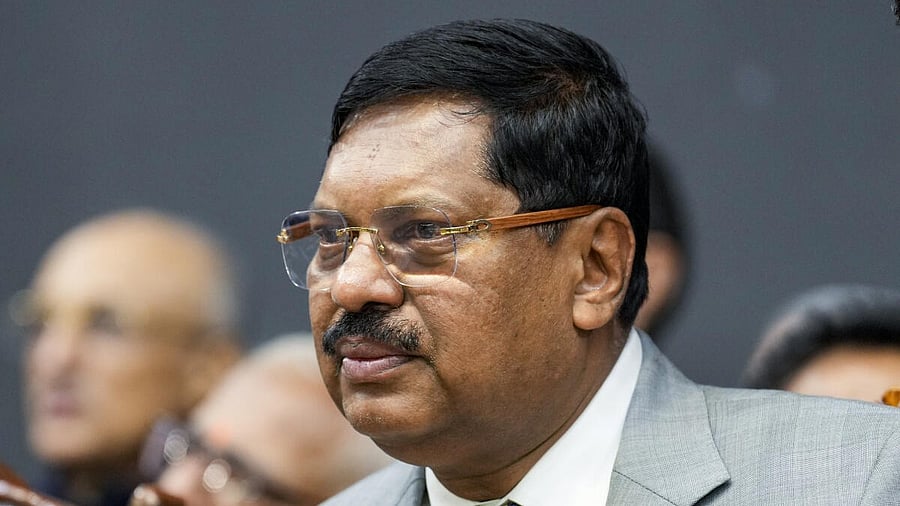
Chief Justice of India B R Gavai
Credit: PTI File Photo
New Delhi: Chief Justice of India (CJI) B R Gavai on Friday said that the Supreme Court Collegium could not dictate a high court Collegium to recommend a particular name for judgeship, emphasising both were constitutional courts and neither was superior to the other.
Speaking at a function organised by the Supreme Court Bar Association (SCBA) to celebrate the 79th Independence Day, the CJI was responding to SCBA president Vikas Singh, who urged the SC Collegium to also consider lawyers practising in the apex court for judgeship in HCs, despite the fact that they had not practised there.
As for the demand for a wider base for consideration, he emphasised that the Collegium had always been alive to the SCBA's needs.
"We are aware that the lawyers coming from different backgrounds perform very well, and their services should be utilised for the various HCs. And I must say that I, along with my senior colleagues, have been successful in getting the names of some candidates practising here not only recommended to various HCs, but also some who have already been appointed over the years. We are also in the process of recommending some more names," he said.
Singh raised concerns that lawyers who only argued were being recommended.
To this, the CJI said, "Ultimately, even the SC Collegium cannot dictate to the HC Collegium to recommend the names."
Noting that one wasn't above the other, he said that, therefore, the first call had to be taken by the HC Collegium.
"We only recommend the names to the HC Collegium and request that they consider the names. And only after their satisfaction, the names come to the SC. All of us, with Justice Sanjeev Khanna being the Chief Justice, started the practice of interacting with candidates. We find that this practice is really helpful. In our opinion, after interaction with them for 10-15 minutes or half an hour, we can find out how suitable they would be to contribute to society," he said.
In his speech, the CJI also stressed the judges' and lawyers' solemn duty, which was to actively uphold and embody the fundamental values enshrined in the Constitution.
"We are entrusted with the responsibility to promote, protect, imbibe, and defend the ideals of liberty, equality, and fraternity, the very principles that form the bedrock of our democratic society," he said.
The CJI noted that this responsibility carried an even deeper dimension for judges: "Beyond the letter of the law, we must strive to give a broader, more purposive interpretation to the values of the Constitution. We must interpret the law in ways that expand freedom, protect the rights of the marginalised, and strengthen the rule of law."
